Songs of Victory: grateful memory
Contents
What is behind this short and at the same time unusually capacious phrase – “songs of Victory”?
Very, very much: four years of incredible strain of physical and mental strength, lying in the ruins of the city, millions of dead, captured and in enemy captivity.
However, it was the song that truly raised morale and helped not just survive, but live. Contrary to the saying “when the guns speak, the muses are silent,” the muses were by no means silent.
What are we without memory?
Back in 1943, at the height of the war, when its scales were swinging one way or the other, front-line correspondent Pavel Shubin wrote the lyrics to a song called “Volkhovskaya table”. It contains many precise geographical indications of settlements: Tikhvin, Sinyavin, Mga. It is known how fierce the battles near Leningrad were, how the besieged city itself stood to the death. Over time, from the song, for ideological reasons, in the spirit of the fight against the “cult of personality”, which was decisively led by N.S. Khrushchev, the mention of the “leader of the peoples” (“let’s drink to the Motherland, drink to Stalin, drink and pour again!”) was removed from the song. and only the main thing remained: grateful memory, loyalty to memories, the desire to see each other and meet more often.
“And Russia is the best!”
When the territory of the Soviet Union was already completely cleared of German troops and the war moved to Eastern Europe, a perky, optimistic song appeared “Under the Balkan Stars”. The first performer was the then popular Vladimir Nechaev, then Leonid Utesov sang this beautiful thing. It contains a harbinger of a future Victory, the imminent arrival of which few people doubted; it contains real, not “leavened” patriotism. The song is still popular to this day. It can be heard performed by Oleg Pogudin, Evgeny Dyatlov, Vika Tsyganova.
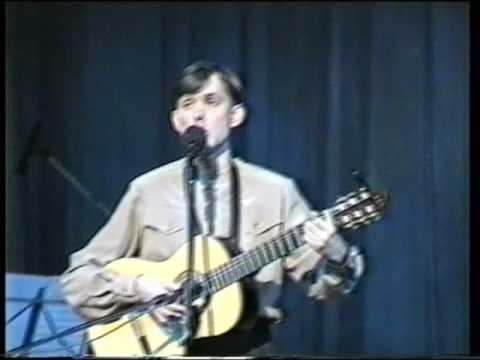

Watch this video on YouTube
How are you with geography?
Performed by Leonid Utesov, another cheerful, rollicking song became famous, from which you can even, in a sense, study the geography of the last months of the Great Patriotic War: Orel, Bryansk, Minsk, Brest, Lublin, Warsaw, Berlin. These mentions are located in the sequence in which the Soviet Army liberated all these cities:
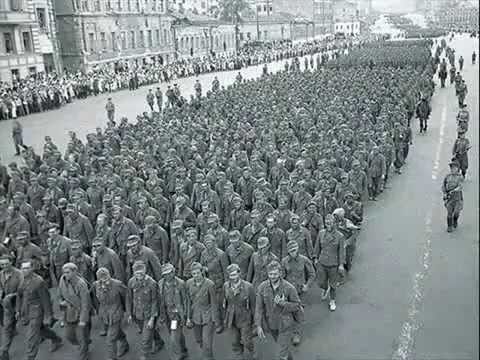

Watch this video on YouTube
Isn’t this a woman’s business?
With the main Victory Song, which was born only on the thirtieth anniversary of the event itself, a very interesting and somewhat curious story emerged. The strict censorship committee did not accept it at first and was even inclined to “not let it in.” In any case, performed by the co-author and first wife of composer D.F. Tukhmanov – Tatyana Sashko from April 1975. Although the performance was more than worthy, especially female.
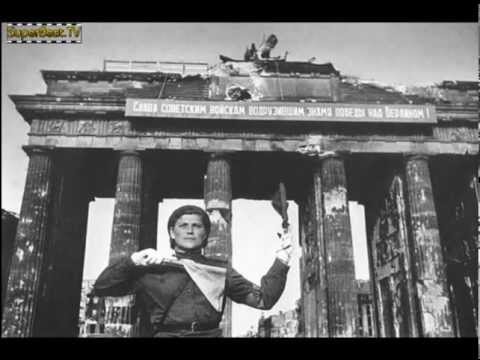

Watch this video on YouTube
Only when the song entered L. Leshchenko’s repertoire did it take off and be heard throughout the country. Since then, it has been habitually perceived as the Victory anthem:
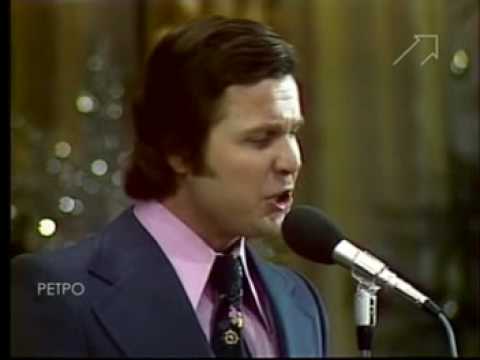

Watch this video on YouTube
Don’t forget!
Another wonderful marching song – “What, tell me, is your name” – is heard in the film “The Front Behind Enemy Lines” (1981). At one time after it was written, it even competed in popularity with Tukhmanov’s “Victory Day”. However, as noted above, thanks to L. Leshchenko’s performance, the second song nevertheless supplanted the first. Although Leshchenko himself performed both, and Eduard Khil did not spoil a single song with his performance. It’s a pity that “What, tell me, is your name” Today it is rarely heard and therefore turned out to be half-forgotten.
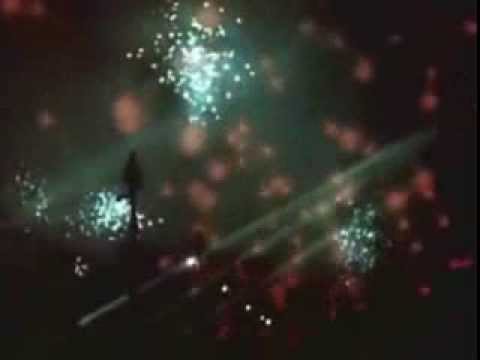

Watch this video on YouTube
“There is a peaceful front line…”
As you can see, not many songs date back to the war or even the first post-war years. There is nothing surprising in this – it took much more time to feel the scale of the losses suffered by the country, so that their pain was poured into music and words. The final song from the cult Soviet film “Officers” can rightfully be considered among the Victory songs. The name of the performer – Vladimir Zlatoustovsky – says little even to connoisseurs of the art of song. By the way, he is not so much a singer as a director. It was based on his script that several seasons of the television series “The Return of Mukhtar” were staged. And the song has been living for a long time, as if by itself:
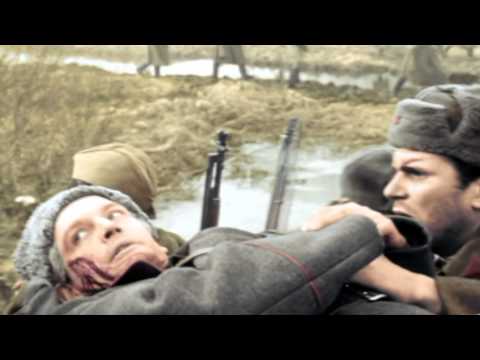

Watch this video on YouTube
The memory of the war years powerfully invaded peaceful everyday life. For example, in the final frames of the film “On the Main Street with an Orchestra” directed by Pyotr Todorovsky (by the way, a former front-line soldier), when a student construction team is walking down the street, and Oleg Borisov (another former front-line soldier) is singing a song with a guitar “And yet we won”. And although this performance cannot be called professional, it is extremely sincere, as they say, “to bursting”:
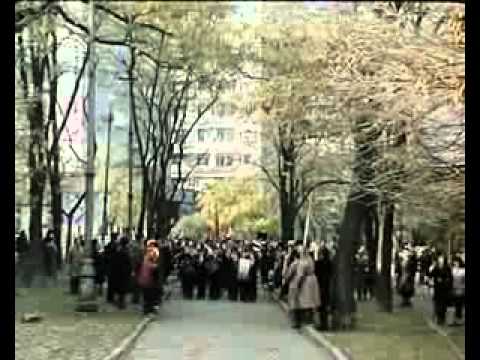

Watch this video on YouTube



